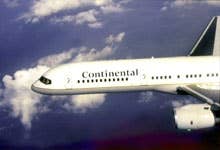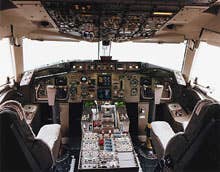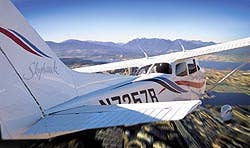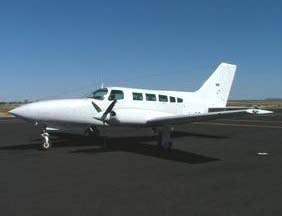Britain Eyes “New” Loran
Even though you likely turn it on only to see if it still lights up, it might be premature to throw out that old Loran taking up space on your panel. Whats old is new again as Britain is considering revamping the venerable ground-based radio navigation system as a backup for GPS. And, according to a report in FCW.com, the U.S. is looking at a similar system to ensure precision navigation is available if GPS signals suddenly become unavailable because of jamming or other causes. Whether your current gear will work on the so-called eLoran (the “e” is for extended range) is not clear in the reports.
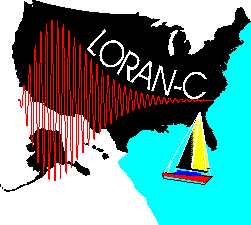
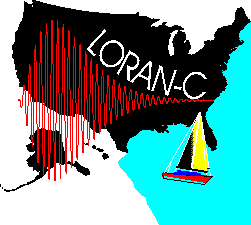 Even though you likely turn it on only to see if it still lights up, it might be premature to throw out that old Loran taking up space on your panel. Whats old is new again as Britain is considering revamping the venerable ground-based radio navigation system as a backup for GPS. And, according to a report in FCW.com, the U.S. is looking at a similar system to ensure precision navigation is available if GPS signals suddenly become unavailable because of jamming or other causes. Whether your current gear will work on the so-called eLoran (the "e" is for extended range) is not clear in the reports. eLoran borrows technology from GPS to make the ground-based system even more accurate (and perhaps raising the question of why we might need all those expensive satellites in the first place). Conventional Loran measures the time difference from radio signals sent by two transmitters in the Loran station to determine the position of the receiver onboard the vessel or aircraft. eLoran incorporates differential correction systems and the ability to analyze signals from multiple transmitters to increase accuracy and dependability. Britain has already invited proposals from would-be vendors (deadline is Jan. 7) and FCW.com says the U.S. is getting close to a decision on the type of GPS backup system it will install.
Even though you likely turn it on only to see if it still lights up, it might be premature to throw out that old Loran taking up space on your panel. Whats old is new again as Britain is considering revamping the venerable ground-based radio navigation system as a backup for GPS. And, according to a report in FCW.com, the U.S. is looking at a similar system to ensure precision navigation is available if GPS signals suddenly become unavailable because of jamming or other causes. Whether your current gear will work on the so-called eLoran (the "e" is for extended range) is not clear in the reports. eLoran borrows technology from GPS to make the ground-based system even more accurate (and perhaps raising the question of why we might need all those expensive satellites in the first place). Conventional Loran measures the time difference from radio signals sent by two transmitters in the Loran station to determine the position of the receiver onboard the vessel or aircraft. eLoran incorporates differential correction systems and the ability to analyze signals from multiple transmitters to increase accuracy and dependability. Britain has already invited proposals from would-be vendors (deadline is Jan. 7) and FCW.com says the U.S. is getting close to a decision on the type of GPS backup system it will install.


